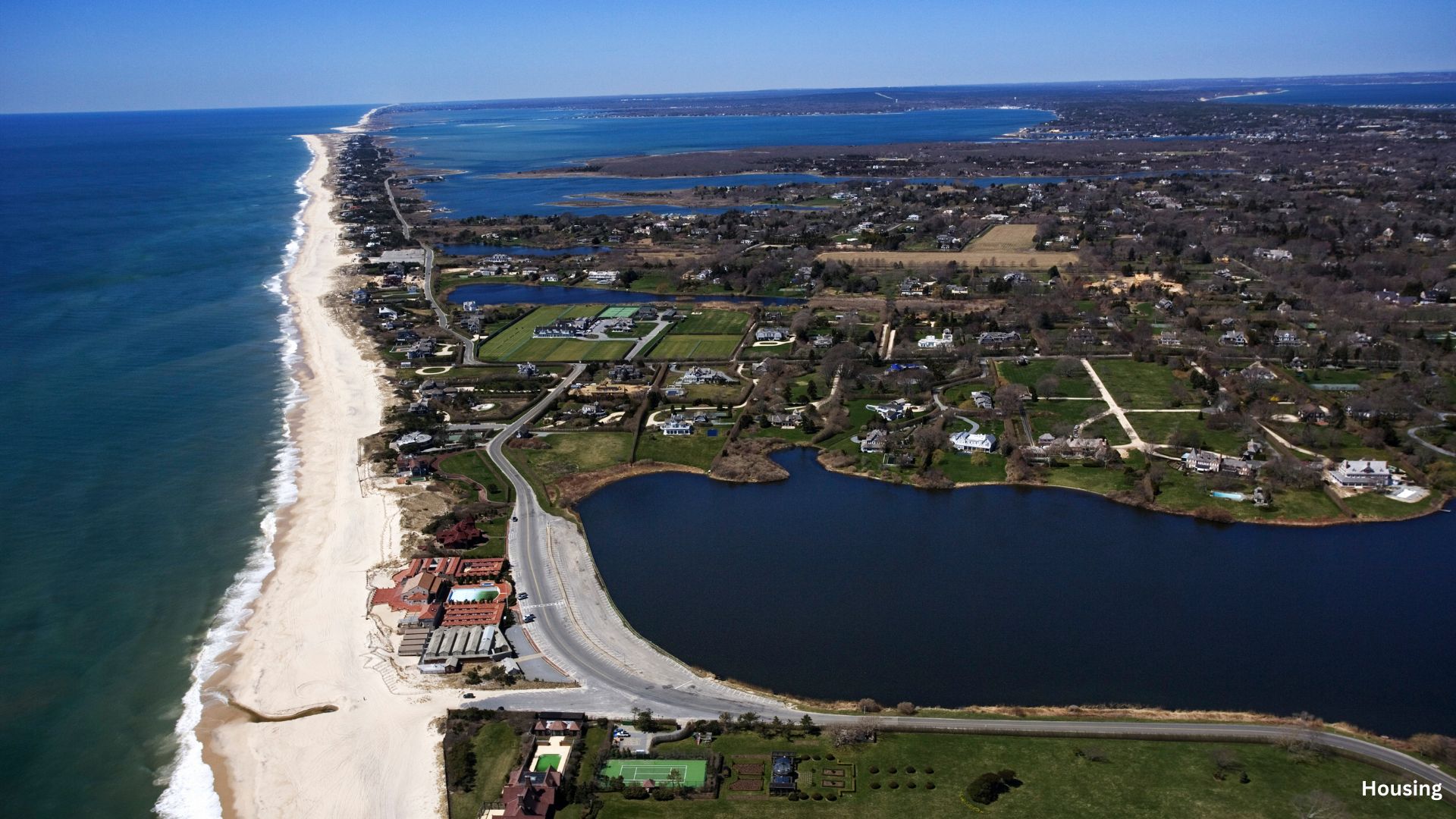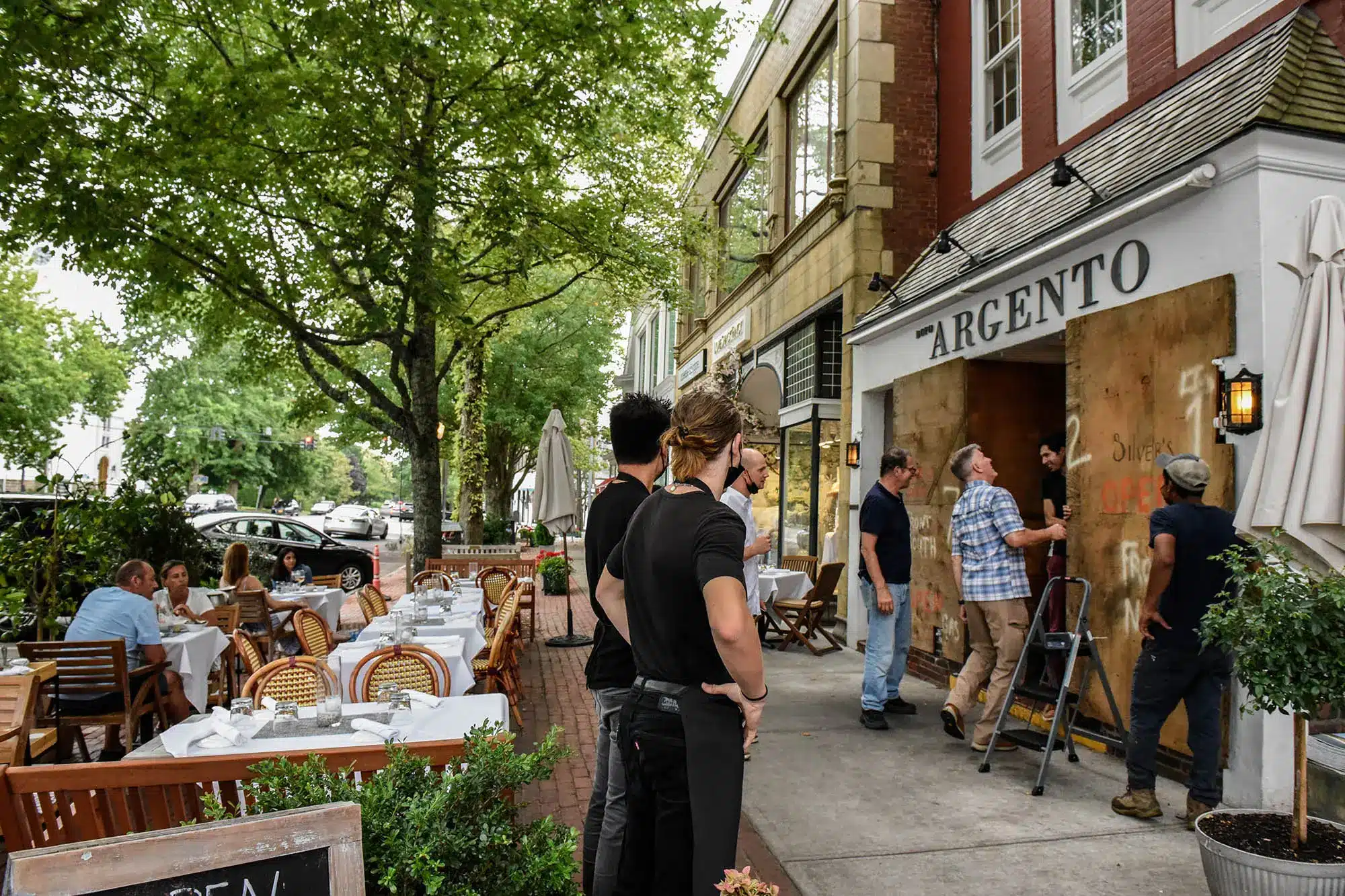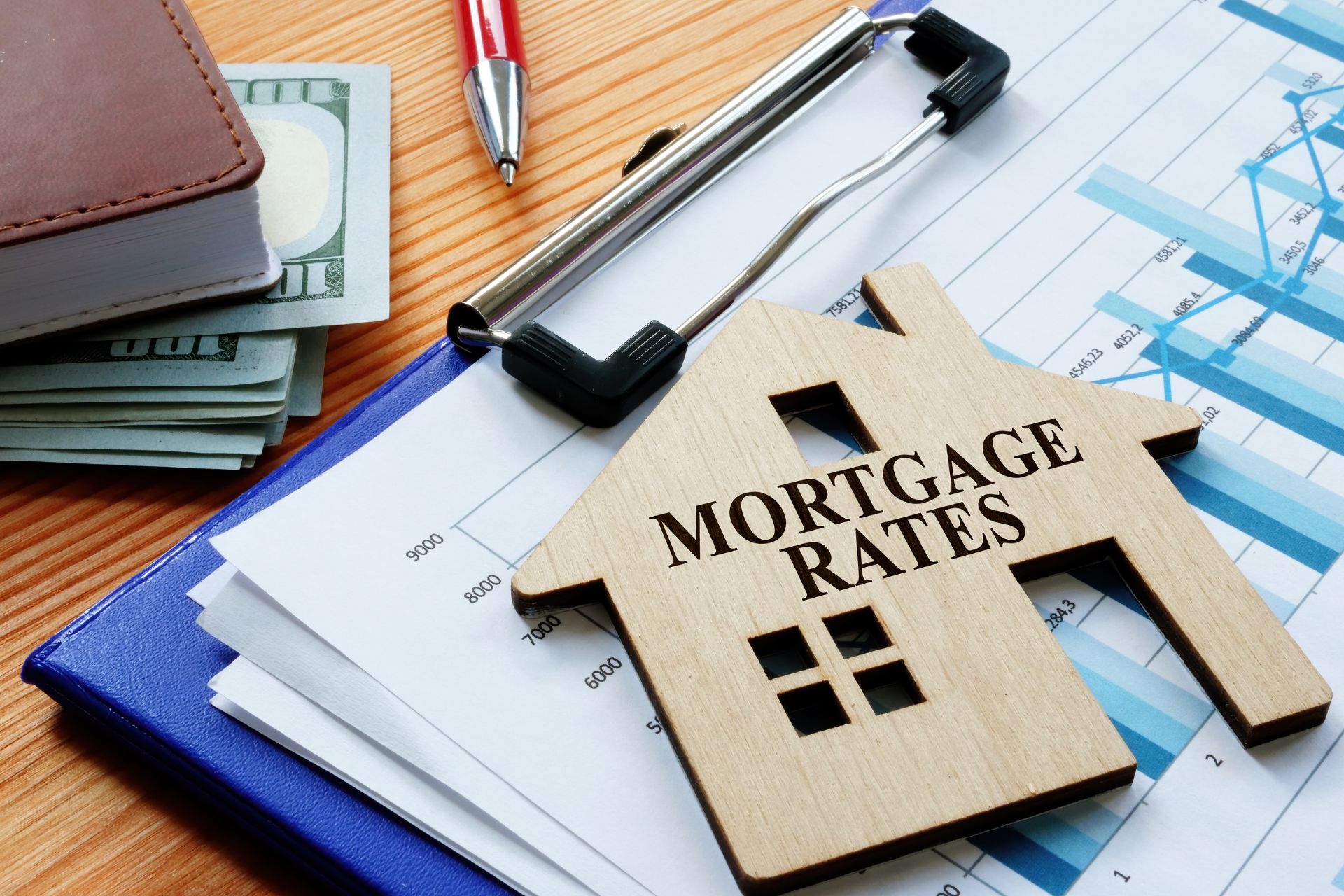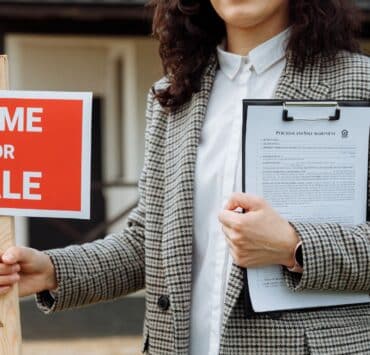The Southampton housing development controversy has sparked a significant legal battle as the Town of Southampton faces a federal lawsuit over its rejection of a 50-unit affordable housing project. The proposed development, known as Liberty Gardens, was intended to provide homes for veterans, people with mental illness, and low-income residents, but it was blocked by the town. This decision has raised questions about the legality of Southampton’s actions and the broader issue of affordable housing in affluent communities like the Hamptons.

The Proposal and Rejection of Liberty Gardens
In 2017, the nonprofit developer, Concern, began working with Southampton on the Southampton housing development project, following the town’s request to explore affordable housing options behind the Southampton Full Gospel Church on County Road 39. The project, which was designed to help veterans and people with mental health challenges, would have been subsidized by federal and state funds. The housing would have offered units at reduced rates, with half of them set aside for veterans and individuals with serious mental illness.
Despite these efforts, the town rejected the proposal in June 2024, citing environmental concerns such as sewage and traffic congestion. However, the nonprofit behind the development has now filed a lawsuit, arguing that the rejection was not based on legitimate environmental issues but on discrimination against people with mental illness. According to a report from The New York Times, the lawsuit highlights the contrasting approval of a nearby development for middle-income residents, raising suspicions of bias in the decision-making process.

Legal Implications and Broader Context
The Southampton housing development lawsuit is part of a larger struggle to address housing shortages in New York’s suburbs. Long Island towns like Southampton are developing housing at one of the slowest rates in the nation, contributing to the overall housing crisis in the region. This crisis was exacerbated when Governor Kathy Hochul’s 2023 housing plan, which sought to compel suburbs to accept more development, failed to pass.
In this case, Southampton’s rejection of Liberty Gardens has drawn criticism for potentially violating federal housing laws. The developer asserts that the town’s decision discriminates against vulnerable populations, such as veterans and those with mental illness, who need affordable housing the most. Ralph Fasano, the executive director of Concern, emphasized that “people deserve to live in numerous different communities,” underscoring the importance of inclusivity in housing.

A Community Divided
Public opinion in Southampton has been divided on the Southampton housing development issue. Many residents expressed concerns about increasing the local population density, citing fears that additional housing could strain local resources such as emergency medical services. Others voiced discomfort with the idea of housing for what they described as a “compromised population.” These comments have fueled the argument that the town’s decision was not purely based on environmental factors but on resistance to the nature of the community the housing would serve.
While the Town Board rejected the Liberty Gardens proposal, the vacant lot behind Southampton Full Gospel Church remains a symbol of the area’s housing struggles. Homeless encampments have started to appear on the site, highlighting the urgent need for solutions to the growing housing crisis in the Hamptons.
Southampton Housing Development Lawsuit
The Southampton housing development lawsuit represents more than just a local dispute—it is a reflection of the broader challenges in providing affordable housing in affluent areas. As the legal battle unfolds, it will test the boundaries of federal housing laws and the responsibilities of towns like Southampton in addressing housing inequality. With the case now in federal court, the outcome could have significant implications for similar projects across New York’s suburbs, setting a precedent for how communities handle affordable housing developments.
Related posts:
 Supply Skepticism: The Complex Puzzle in US Housing 2023
Supply Skepticism: The Complex Puzzle in US Housing 2023
 A Homeowner’s Ultimate Guide to Roof Installation and Repair
A Homeowner’s Ultimate Guide to Roof Installation and Repair
 Mortgage Rates Drop Below 7%: A Ray of Hope for the Housing Market?
Mortgage Rates Drop Below 7%: A Ray of Hope for the Housing Market?
 Buffalo Housing Market: A 2024 Success Story of Growth and Affordability
Buffalo Housing Market: A 2024 Success Story of Growth and Affordability
 Congress Struggles to Fix Housing; House Prices Still Increasing
Congress Struggles to Fix Housing; House Prices Still Increasing



